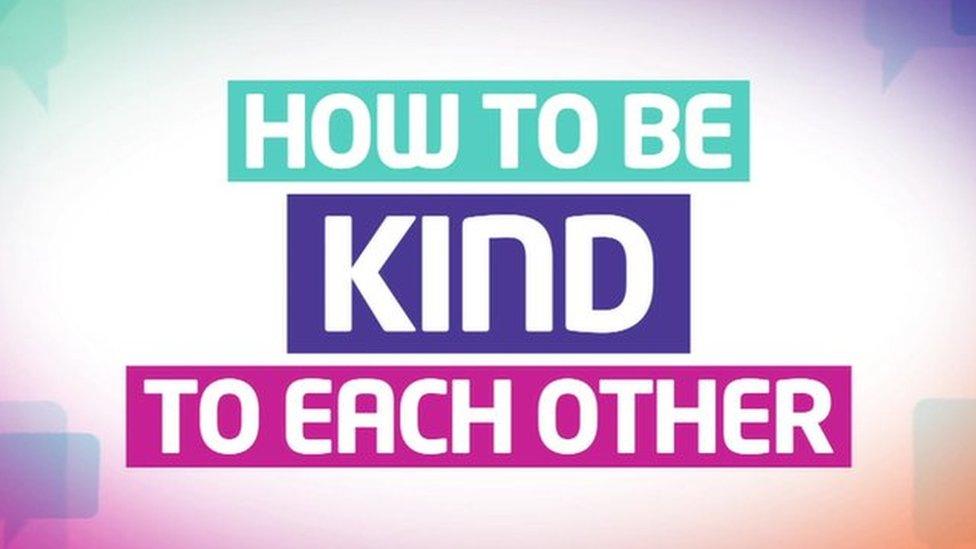World Kindness Day 2024: Why being kind is good for us
- Published
WATCH: You share your stories of kindness
It's World Kindness Day on 13 November. It's a day to remind ourselves of the importance of being kind to others.
But did you know that being kind can significantly improve our physical and emotional wellbeing - whether we are giving or receiving it?
There have even been scientific studies into the effects of kindness, showing that acts of kindness help your immune system, reduces stress, gives you energy and are good for your heart!
The power of being kind goes even further, it has been proven to slow ageing, improve relationships and it's contagious!
But how does this happen? We've got it covered below!
Why kindness is good for you

Kindness can change the chemicals in our body.
Committing acts of kindness produces a hormone in the body called oxytocin, sometimes called the 'kindness hormone' and the 'cardioprotective hormone'. Which means it protects our hearts!
Oxytocin causes the release of a chemical called nitric oxide, which opens up the blood vessels and lowers blood pressure. It is the main contributor to keeping our hearts healthy after exercise.
This important hormone also increases our self-esteem and optimism, which is extra helpful when we're feeling anxious, nervous or shy.
Kindness is contagious
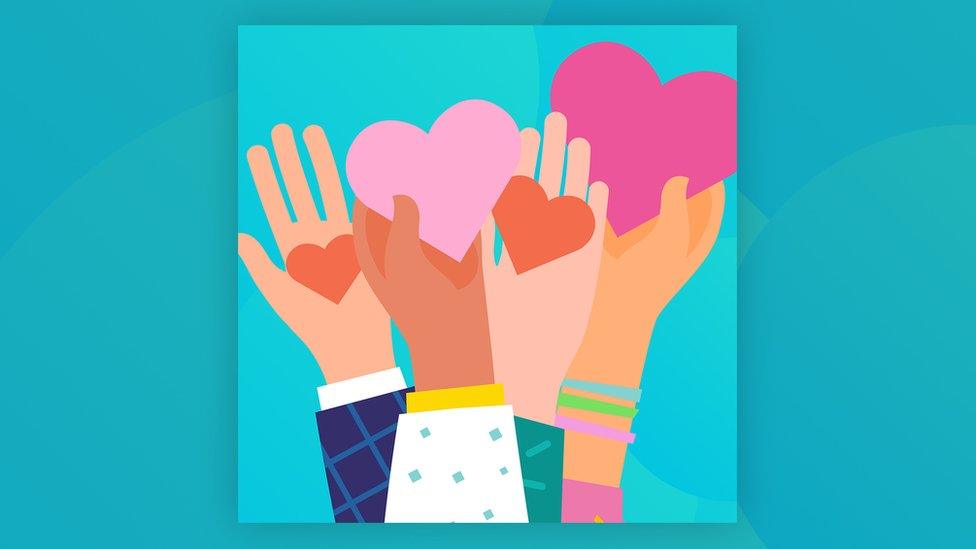
Kindness can spread far and wide pretty quickly!
The positive effects of kindness are experienced in the brain of everyone - whether you are giving, receiving or observing kindness. This improves their mood and makes them significantly more likely to act kindly themselves.
Kindness creates a ripple effect that can improve the day of loads of people!
Being kind slows ageing
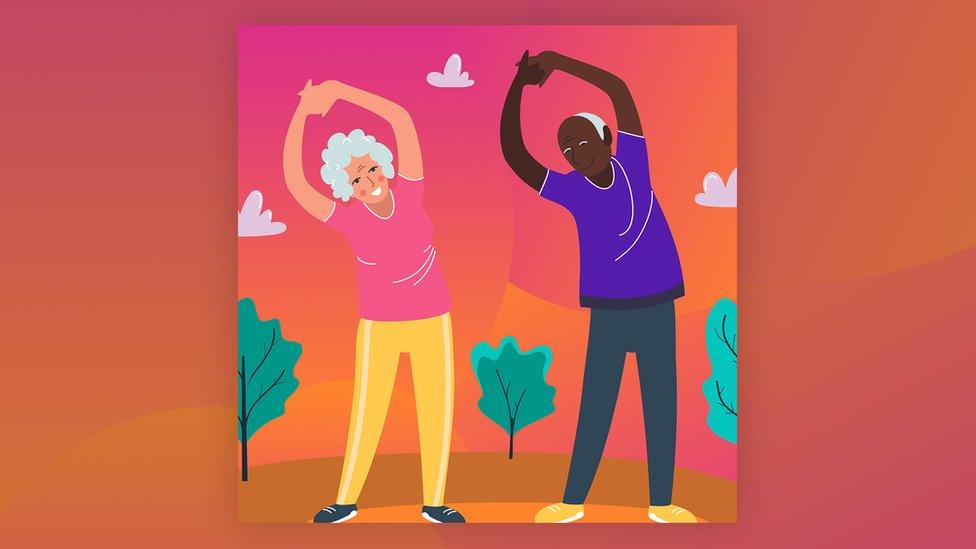
One of the factors that plays a role in the aging process is oxidative stress - which is an imbalance in your body.
Scientists found that if you introduced oxytocin (the kindness hormone) to skin cells put under stress, the levels of oxidative stress got significantly reduced.
Kindness gives us energy

Engaging in acts of kindness can give us more energy.
A study by the University of California Berkeley, Greater Good Science Center, showed that people feel stronger and more energetic after helping others.
Being kind makes you feel happy

Alongside oxytocin, being kind also produces serotonin in your body. This is often called the 'happy chemical' and has been found to heal your wounds, calm you down, and improve your mood.
When you are kind to another person your brain's pleasure and reward centres light up, which makes you feel good.
Being kind reduces stress and anxiety
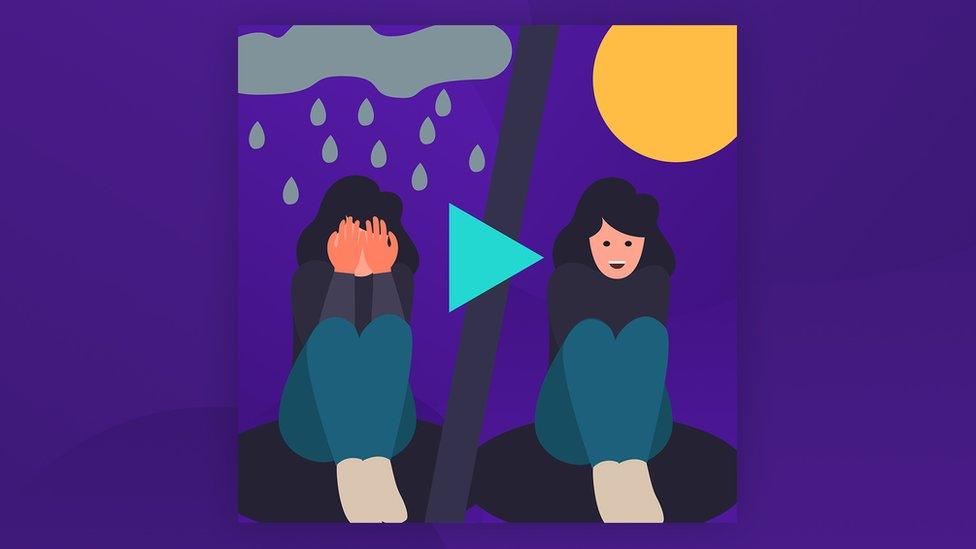
Having low levels of the chemical serotonin in the body has been linked to anxiety and depression.
So kindness can help as it increases serotonin. When we're kind we get the opposite emotional and physical effects on our body to when we are stressed.
A study by the University of British Columbia found that kind people have 23% less cortisol - the stress hormone - and age slower than average.
In their research, a group of highly anxious people did at least six acts of kindness a week. After one month, there was a significant increase in their positive moods, their relationships with other people had improved, and they avoided social situations less.
Kindness supports your immune system
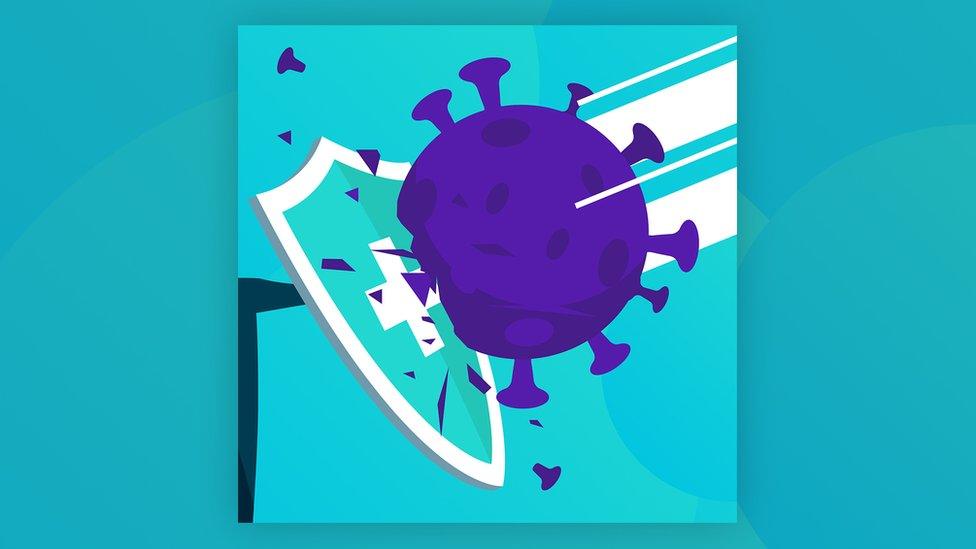
How you feel emotionally can physically effect your immune system - which is the system in the body that helps fight off infection and viruses.
If you feel a connection with someone either by being kind to them, someone being kind to you, or even seeing kindness in action it can spike the immune system into action.
Being kind reduces pain

Kindness produces endorphins, the brain's natural painkiller. Endorphins are hormones that deal with stress and reduce feelings of pain.
Pretty amazing stuff, right?!
- Published7 February 2019
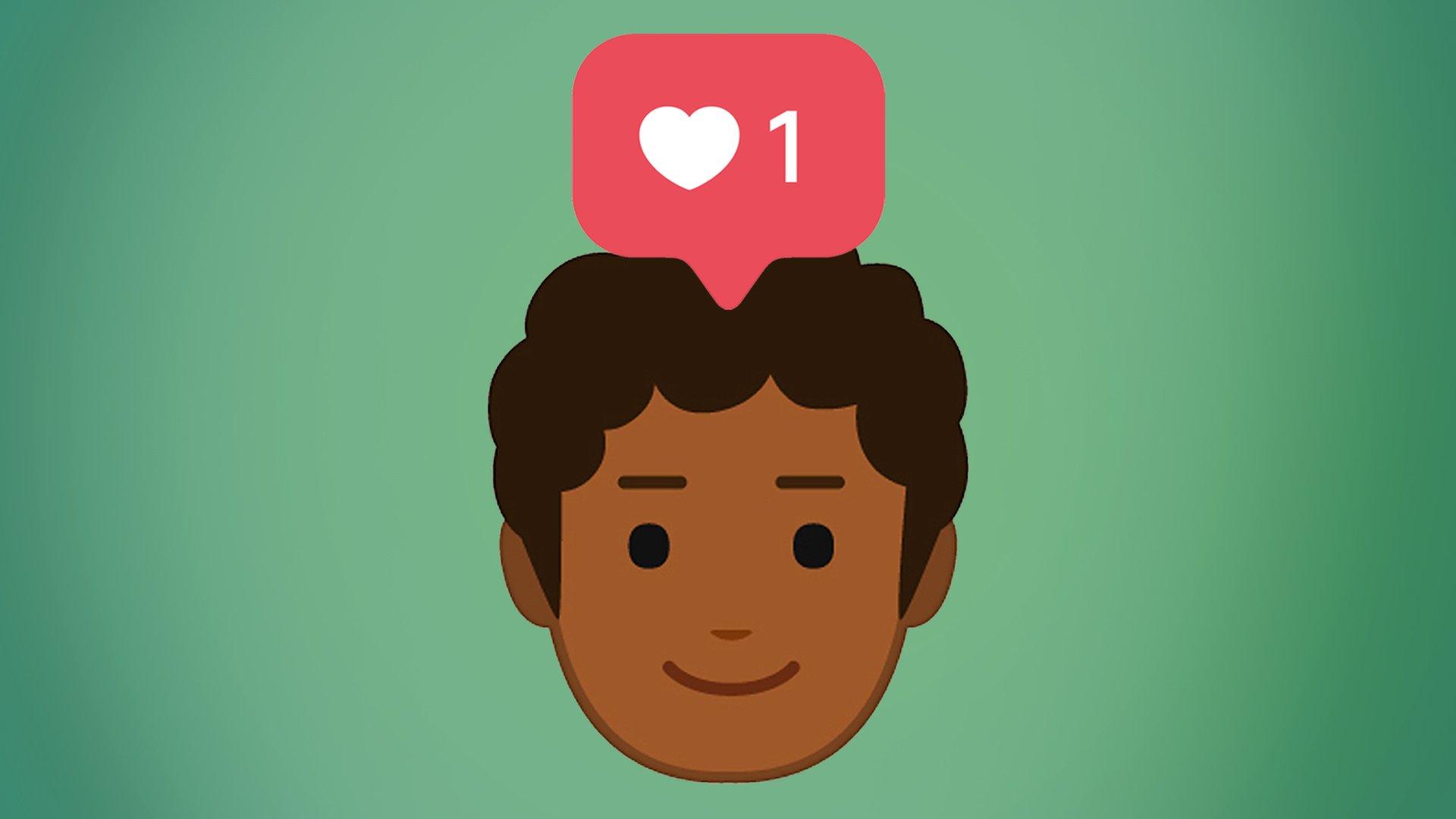
- Published18 May 2020
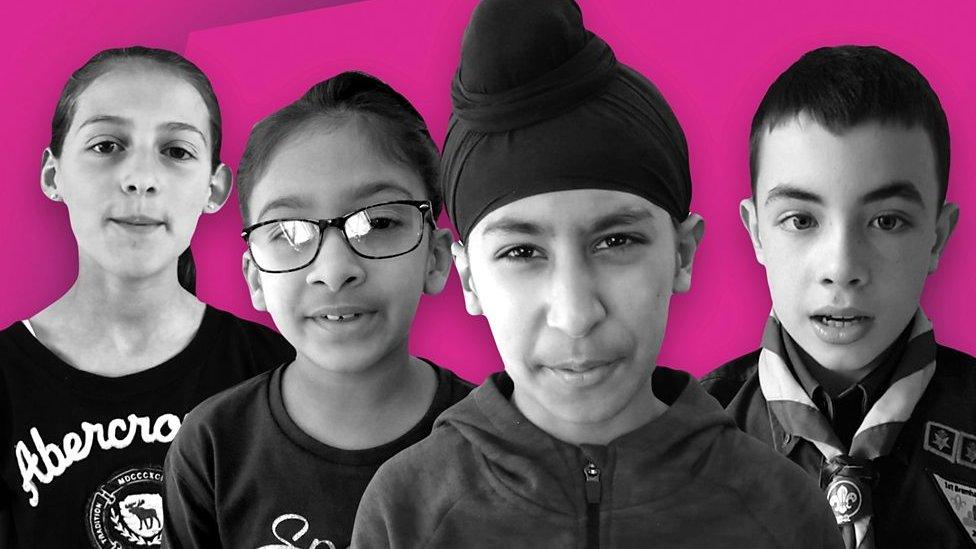
- Published16 November 2016
